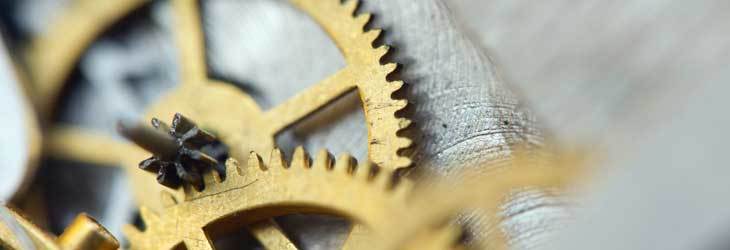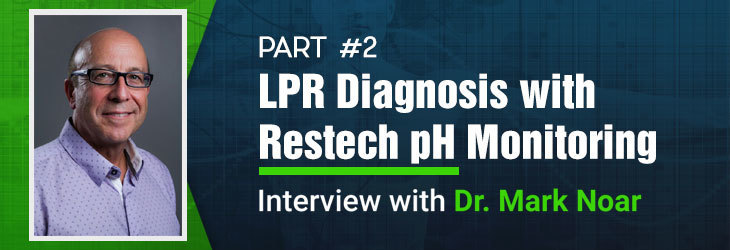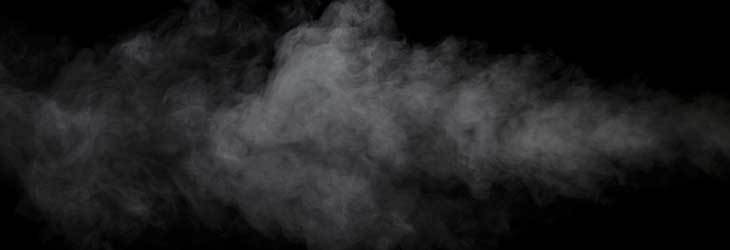Refluxgate offers high-quality, scientifically-sound, clearly-written information on reflux by physicians, researchers, and medical journalists.
Our primary focus is respiratory reflux (also known as silent reflux or LPR). We also publish information on gastroesophageal reflux (GERD).
Selected Medical Experts
We interview and collaborate with world-renown specialists to provide up-to-date, relevant, and medically verified information.
Dr. Mark Noar
Dr. Noar is a leading reflux, and gastric motility specialist. He is known for teaching physicians all over the world about using the Stretta procedure.
Dr. Peter Dettmar
Dr. Dettmar is an expert on pepsin (the stomach enzyme responsible for the symptoms of laryngopharyngeal reflux, or LPR).
Dr. Christopher Chang
Dr. Chang is a practicing ENT specialist with expertise in vagal neuropathy (vagus nerve damage often causes symptoms alongside LPR).

Dr. Arjan Bredenoord
Dr. Bredenoord is a professor of neurogastroenterology and motility, with expert knowledge on reflux hypersensitivity.
Core Information on Silent Reflux (LPR)
Silent reflux is much harder to detect than classic reflux. It affects the airways. Symptoms can be slow to manifest and difficult to identify. Hoarseness, chronic cough, post-nasal drip, and asthma are some of the typical symptoms. To get started, check out the following articles:
You might think silent reflux is just about acid damage, but we now understand that it is not so simple. The Beginner’s Guide will take you through the science about silent reflux, the impact of nutrition, and which changes can be effective against LPR.
The symptoms of silent reflux are different from those caused by classical esophageal reflux (GERD). Do you have hoarseness, a post-nasal drip, a lump in your throat, or trouble swallowing? These symptoms could be a sign you have LPR.
Diagnosing LPR can be a challenge. Diagnosing traditional reflux, which causes heartburn is straightforward. Diagnosis for LPR is more complicated. It needs a more experienced physician to select the appropriate tests and interpret them correctly.
If you’ve not yet had a physical test for LPR but are worried you might have it, then take the Reflux Symptom Index test online now. This questionnaire is used in physicians practices as well as by researchers.
Are you wondering why you developed LPR in the first place? There are several physical factors involved, such as malfunctioning sphincters and different approaches to tackle the issues. In this article, you’ll find a list of causal factors and how you can turn them off.
Core Information on GERD & Heartburn
There are many myths and misconceptions about heartburn. In this article, you will find 13 core facts any patient should know. The more you know about your condition, the better placed you are to do something about it.
The most common solution for GERD is anti-acid medication, which unfortunately has limited effectiveness. This article examines the pros and cons of GERD medication so that you can make an informed decision about your treatment.
When nothing else has worked, or in extreme reflux cases, surgery is the last option… but how do you know whether you need it, and how can you choose the best surgeon? This and more we discuss in the article.
Editorial Team

Gerrit Sonnabend
Lead Editor & Journalist
Gerrit is a German data scientist & medical publisher. His formal education is in qualitative research. Read more about him here.

Sarah Neidler
Research & Editor
Sarah is a biologist and science journalist. Her main interest is understanding how nutrition affects the course of chronic diseases.

Mel Bertaud
Editor & Proofreader
Mel is a certified health & wellness coach with a passion for supporting people to transform their lives through plant-based nutrition.











